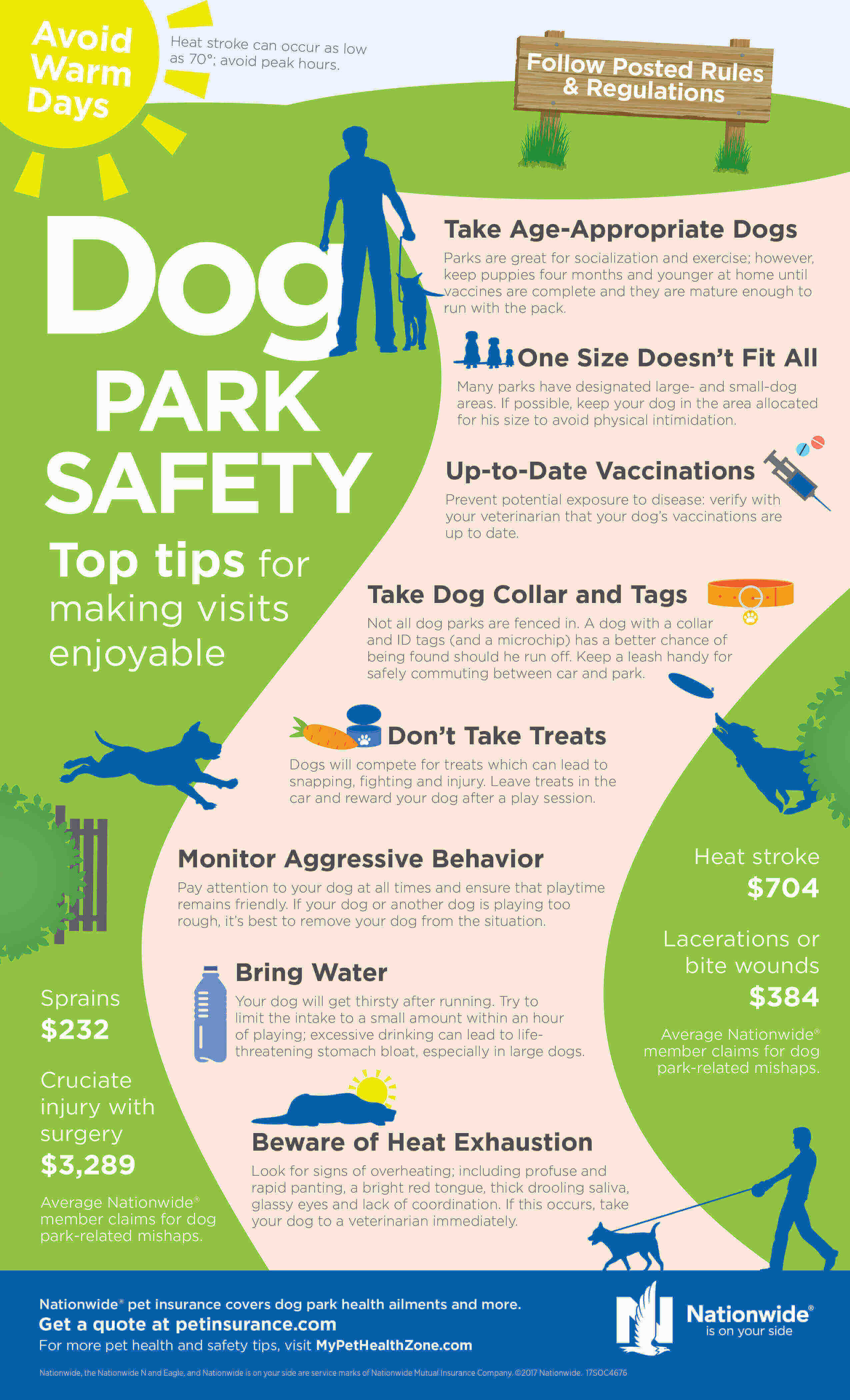Dogs in daycare obtain great deals of exercise, socializing with other dogs and one-of-a-kind experiences. This can be especially valuable for puppies and dogs with behavior problems.
There are a number of lawful factors to consider you require to take into account when starting a doggy day care organization. These consist of the framework of your organization and compliance with government policies.
1. Dog Distemper
Canine distemper is spread out via straight contact with the physical liquids and waste of a contaminated pet, but it can also be transmitted through shared water and food bowls or with air-borne beads. This very transmittable illness is most dangerous for puppies, but it can impact canines of any type of age and is fatal for a lot of if left without treatment.
First signs and symptoms of canine distemper commonly resemble an acute rhinitis, consisting of dripping eyes and nose with watery or pus-like discharge. As the condition proceeds, a pet will certainly establish high temperature, coughing, minimized cravings, throwing up and looseness of the bowels. The virus can also attack the nervous system, causing seizures, shivering and partial or full paralysis.
Reputable daycares reduce direct exposure to infection by calling for inoculations, routine health examinations and comply with stringent hygiene protocols. If your pup seems extremely worn out or hopping, a day of rest may aid him recoup, yet you must prevent taking him back to day care up until these symptoms clear up.
2. Kennel Coughing
Kennel coughing, additionally referred to as contagious canine tracheobronchitis or Bordetella, is an extremely contagious viral or microbial illness that impacts the breathing tract. It's commonly transferred via the exchange of saliva or air beads that an ill pet dog exhales. Social dogs go to higher danger for infection due to their frequent communication with one another, such as when they play, share food or water, sniff each other or just meet in a crowded setting like a pet park or day care.
The dog daycare and boarding most usual signs and symptom of kennel coughing is a persistent and forceful coughing that seems like something stuck in the throat or retching. Often, dogs will certainly spend frothy white phlegm. If left unattended, a pet dog can establish pneumonia and be at serious threat forever.
A respectable day care facility need to have stringent cleaning and hygiene procedures, sterilize all playthings, food and water bowls on a regular basis, and be open about their inoculation plans. Keeping your dog approximately date on their vaccinations, especially for bordetella and canine influenza, will greatly lower their possibilities of contracting the ailment.
3. Parvovirus
Canine parvovirus, or parvo, is an extremely contagious viral health problem that can be fatal for puppies and young person canines with poor body immune systems. It's most generally spread by direct contact with infected canine feces-- which can happen when pets sniff, lick, or preference infected feces-- and indirectly from infected individuals, objects, or settings (like kennels, grooming areas and yards). Puppies and pet dogs without complete inoculation histories are particularly susceptible to parvo.
The infection is extremely durable, surviving in the setting for up to 9 years, and can easily be moved between canines by call with feces or on footwear, clothes, and bedding polluted with parvovirus. If not treated quickly with IV fluids, electrolyte equilibrium, vomiting control medicines and antibiotics to avoid second bacterial infections, a pet dog will rapidly dry out and develop serious looseness of the bowels, which results in shock and blood poisoning. Parvo is challenging to treat once a canine has actually become ill, however with ideal veterinary treatment, many young puppies do endure this disease.
4. Dog Flu
Canine flu infection is highly infectious and spreads through direct call, sharing food and water bowls, licking or nuzzling other pet dogs, via airborne droplets, and via polluted surface areas. Vaccination works in reducing the risk of infection and break outs.
The majority of affected canines create a mild breathing infection with a coughing that lasts 1-3 weeks. They may likewise have nasal and eye discharge, sneezing, and lethargy. Some of the most severe cases lead to pneumonia and a high fever.
If your pet exhibits any of these signs, do not bring them back to childcare until they are healthy. If your pet dog is revealing signs of severe exhaustion or limping, speak to your veterinarian immediately and make certain they get on healthiness supplements to help build their immunity. A vet will certainly evaluate your canine for signs of the influenza by taking an example from the nose or throat, and blood tests can be done to verify.
